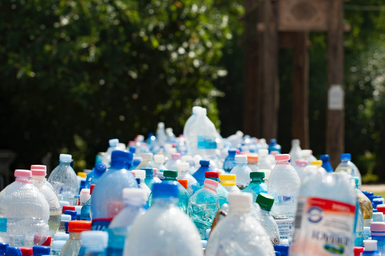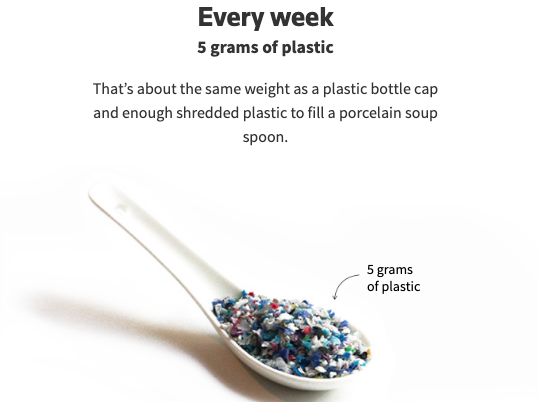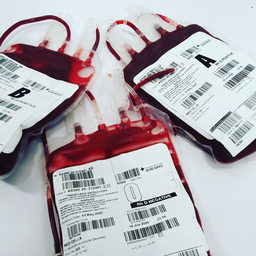The Health Impact of Plastic

According to the Natural Resources Defense Council, we produce 300 million tons of plastic each year, which is equal to the weight of the human population. More than half of the plastic is made in single-use products such as water bottles. Over 90% of plastic ends up in landfills each year and breaks down into microplastics which are toxic to the environment and our health.
In a week, the average person consumes 5 grams of microplastics, equivalent to filling a soup spoon. According to the Plastic Health Coalition, plastics have been linked to numerous health issues such as hormone-related cancers and infertility. In addition, plastics are harmful to our body and the environment, yet they are continuously being created and used in our foods and beverages.

Plastics also take years to become biodegradable. According to Life Out of Plastic (LOOP), a plastic water bottle can take 500 years to biodegrade, and a plastic bag can take 400 years. If this is how long it takes plastics to break down on earth, think of its impact on our bodies. Below are tips to help reduce plastic usage and how to implement more eco-friendly products.
Tips to reduce plastic usage:
- Avoid single-use items, specifically water bottles. Instead, try a reusable water bottle that does not have a high percentage of plastic.
- Makeup has plastics! Use makeup that is microplastic-free for both the health of your skin and the environment.
- Use cloth bags for grocery shopping. Many grocery stores are moving beyond giving plastic bags, which is time we do.
- Try using glass containers! Even if that plastic container says it is dishwasher and microwave safe, it does not mean those microplastics are not seeping into your food.
These small choices every day can help both our help and the planet’s overall health. We need to improve our community health, especially with our environment.
Site content is provided for informational purposes only and is not intended to be a substitute for professional medical advice, diagnosis, or treatment


